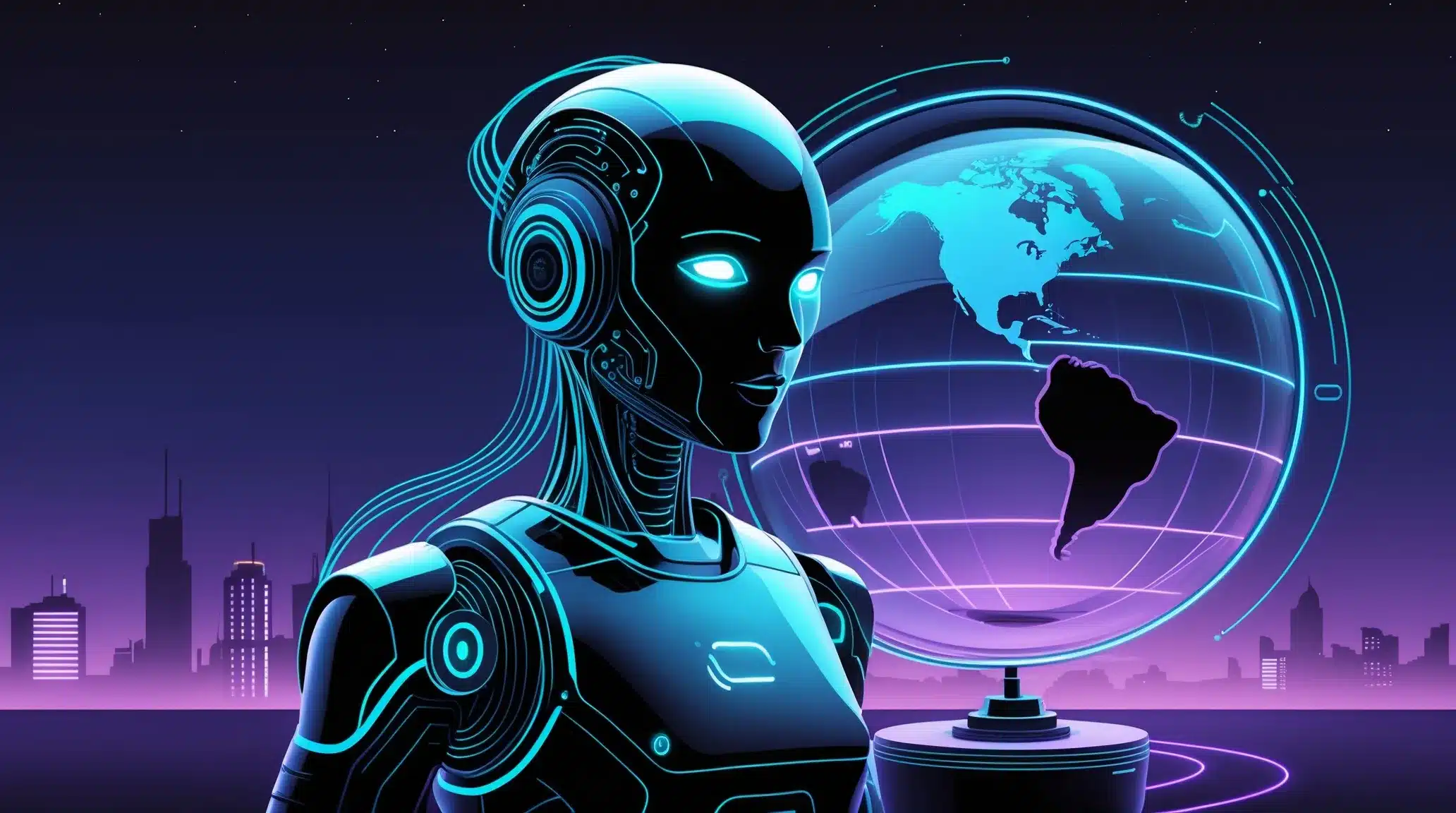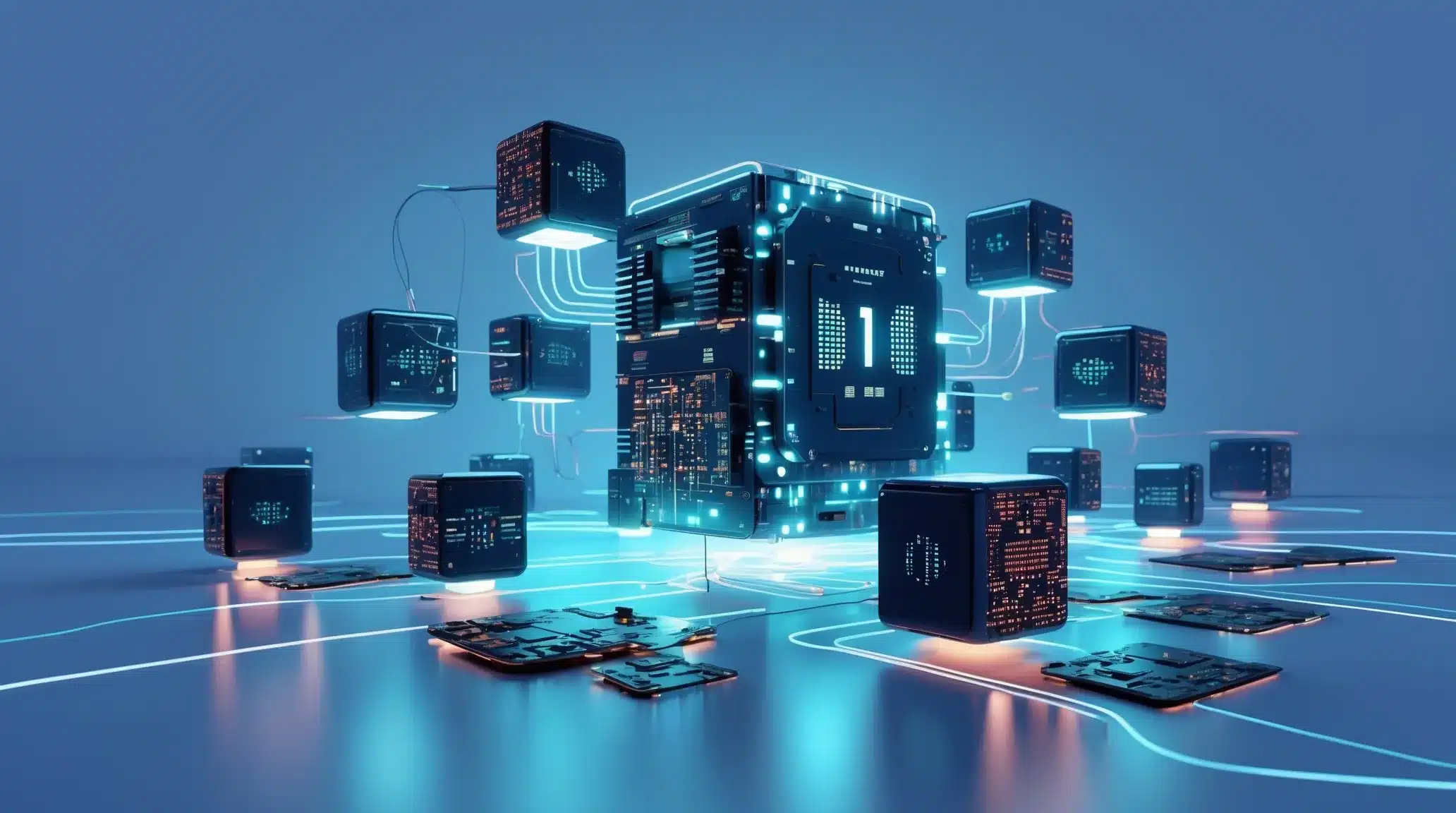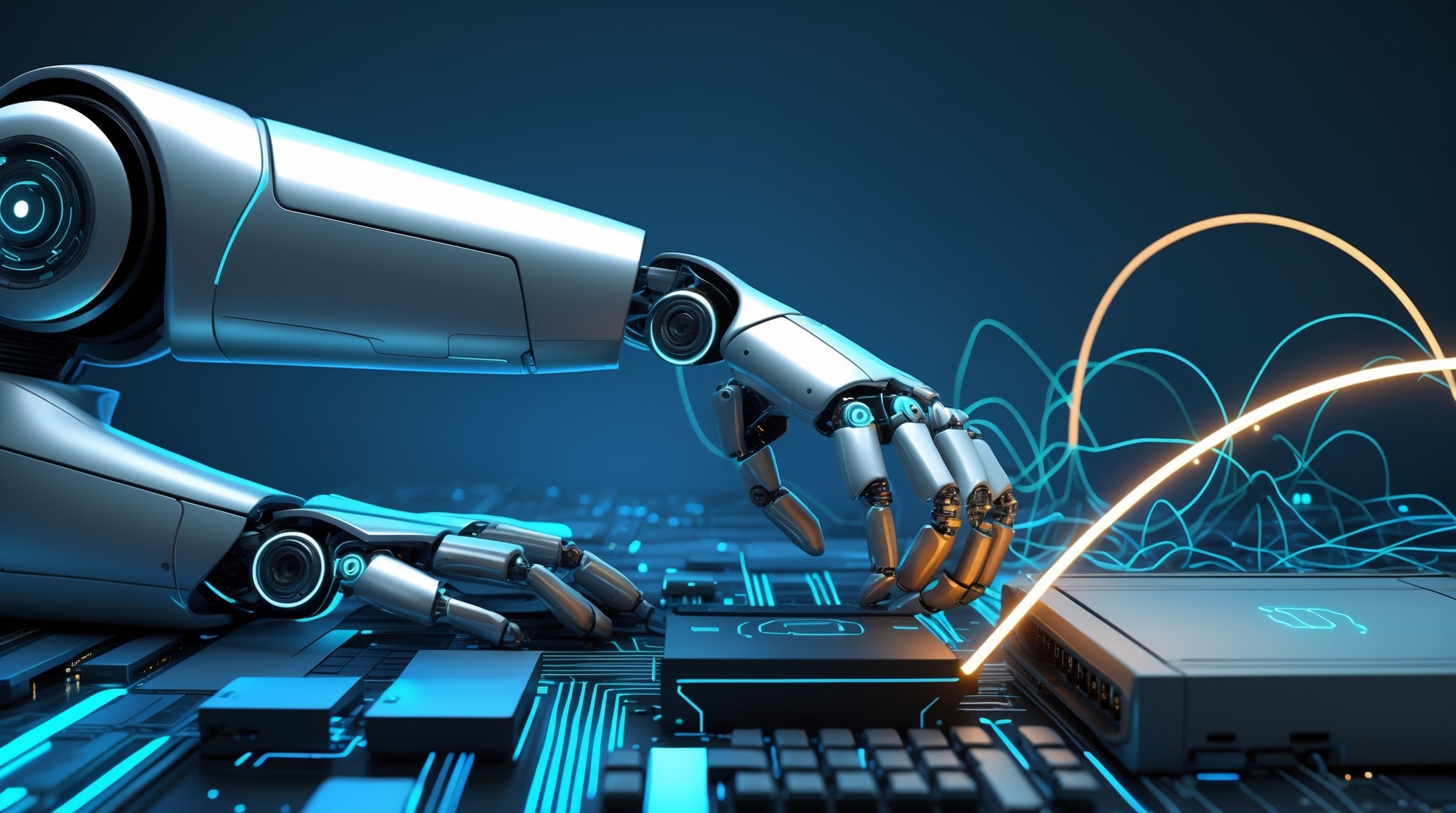Sustainability is not just a checkbox anymore, it is becoming a trendsetter for businesses seeking long-term growth. By 2025, AI is driving the adoption of eco-friendly practices, reducing waste and optimizing resources with greater precision.
For example, AI-powered technology requires a substantial amount of energy to run. Sustainable AI focuses on minimizing the environmental impact of AI technologies by developing systems that reduce energy usage, minimize waste, and incorporate eco-friendly design principles. Generative AI and large language models (LLMs) are trained on massive quantities of Graphics Processing Units (GPUs), which consume significant energy.
Enterprises are moving beyond one-size-fits-all AI to systems that leverage deep insights from customer and employee behaviors. This shift enables businesses to deliver highly personalized experiences, both externally and internally, while also focusing on sustainability.
AI’s role in sustainability extends to optimizing energy consumption, reducing waste, and enhancing supply chain efficiency. For instance, AI can improve demand forecasting, reducing surplus production. Businesses should align AI projects with sustainability goals to appeal to environmentally conscious stakeholders.
As AI adoption grows, so does the need for responsible AI practices. Ethical considerations, such as bias mitigation, explainability, and transparency, are becoming non-negotiable for enterprises. Regulatory frameworks are also emerging, compelling organizations to prioritize compliance. Responsible AI initiatives will drive investments in AI governance tools and frameworks, ensuring that AI systems align with organizational values and societal expectations.



